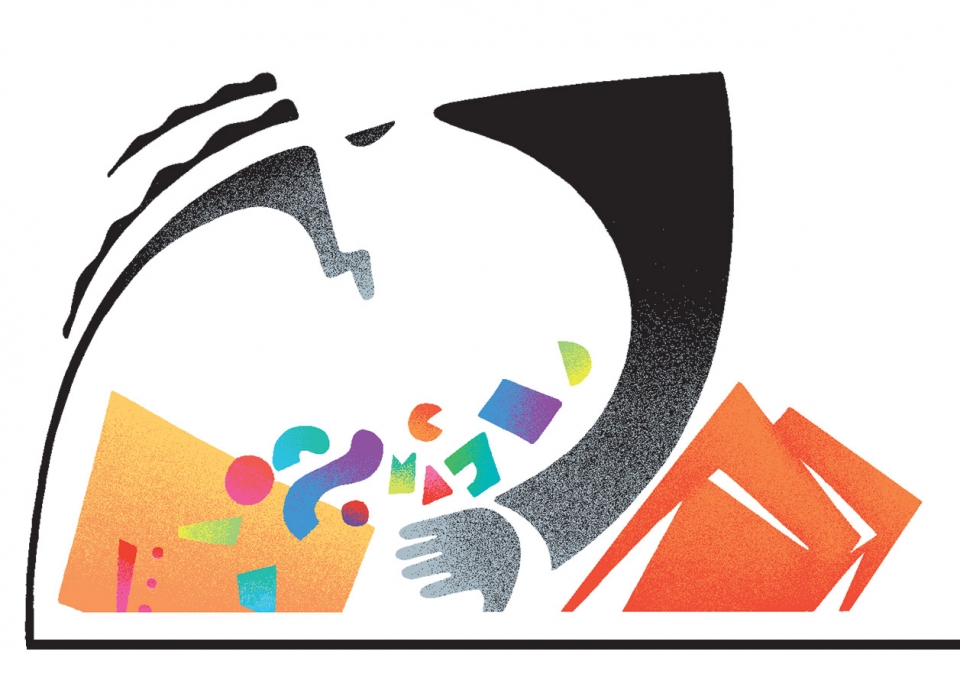Minilesson Print
Understanding Context Clues

Often you can figure out the meaning of an unfamiliar word by seeing how it is used. Watch for these kinds of context clues:
- Definitions or descriptions in the text tell you just what the word means. Watch for one of the “be” verbs (am, is, are, was, were).
A zealot is someone who is enthusiastic about a cause or an activity in a way that goes far beyond ordinary interest.
- Synonyms are familiar words that mean the same thing as an unfamiliar word.
Sometimes individuals display altruistic, selfless behavior toward complete strangers who are in great need.
- Comparisons show similarities between ideas, often using like or as.
As the people who supported the Vichy government in France during World War II discovered, a postwar wrath often falls on those who have collaborated with the enemy.
- Contrasts show differences, often using words such as although, but, on the other hand, or on the contrary.
Although modern medicine has proven very effective in dealing with acute conditions and traumas, it has not been as successful in treating chronic conditions for which surgery or medication are problematic.
- Restatements say the same thing in new terms, often using appositives or demonstrative pronouns such as this, that, and those.
Thousands of otherwise healthy adults suffer from agoraphobia. This fear of open spaces has been successfully treated using a variety of methods, from medication to behavioral therapy.
- Items in a series place an unknown word beside known words of the same type.
Cantatas, concertos, oratorios, sonatas, and songs—all of these were part of the enormous output of Baroque composer Johann Sebastian Bach.
- Tone and setting show the environment in which the term fits.
During the long and tedious trial, the jury was sequestered day and night from the public, in quarters where there were no televisions, radios, or daily newspapers.
- Cause and effect sequences connect an unfamiliar term to a familiar process.
Because genetic mutations can be caused by the effects of chemicals, radiation, or even ordinary heat on DNA, reliable genetic research requires constant vigilance.
Your Turn Select a challenging passage out of a required reading. As you read, write down unfamiliar words. Afterward, search the passage for context clues and write down your best definition of each word. Then check your definition against a dictionary (print or online).

Understanding Context Clues by Thoughtful Learning is licensed under a Creative Commons Attribution-NonCommercial-ShareAlike 4.0 International License.
Based on a work at k12.thoughtfullearning.com/minilesson/understanding-context-clues.